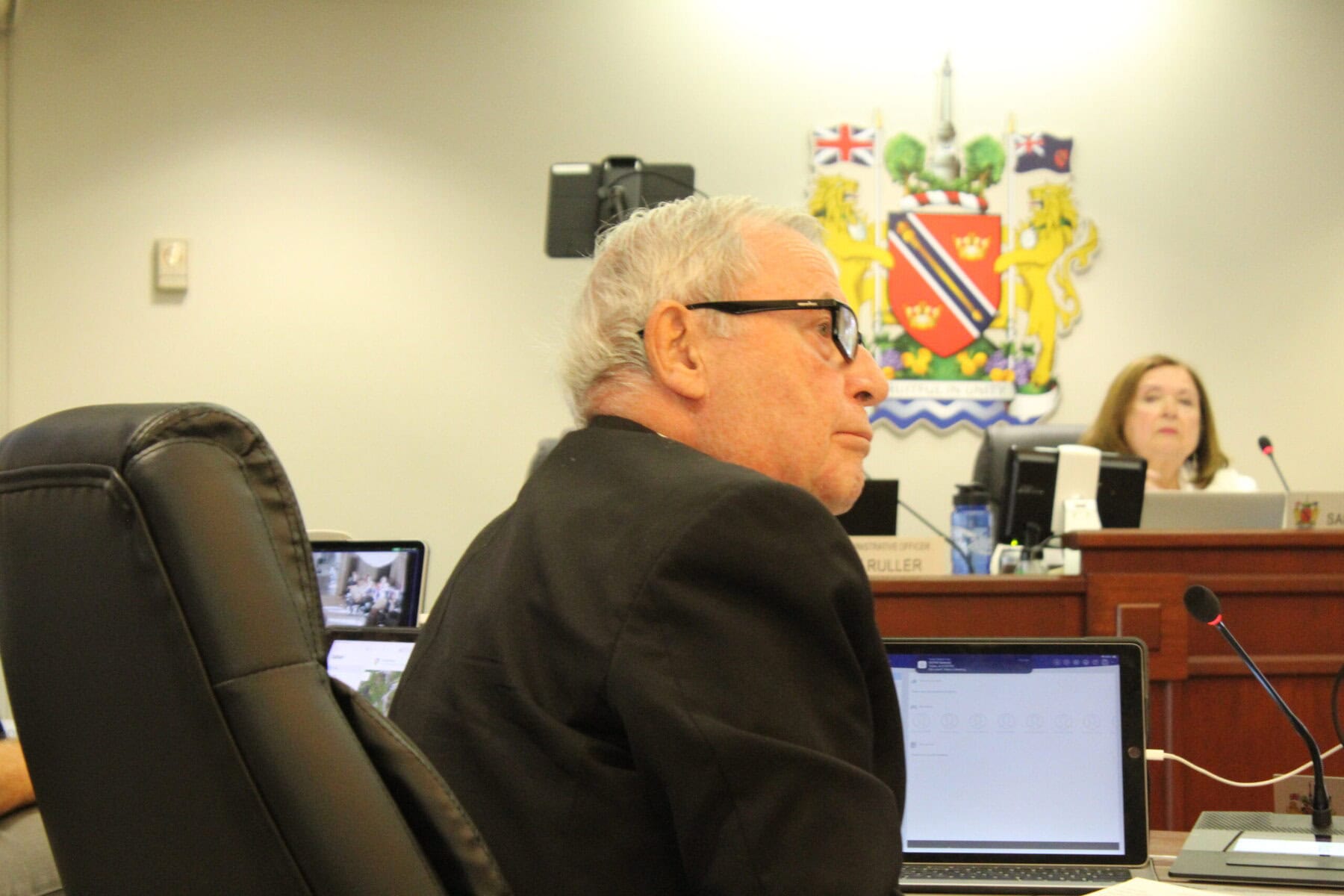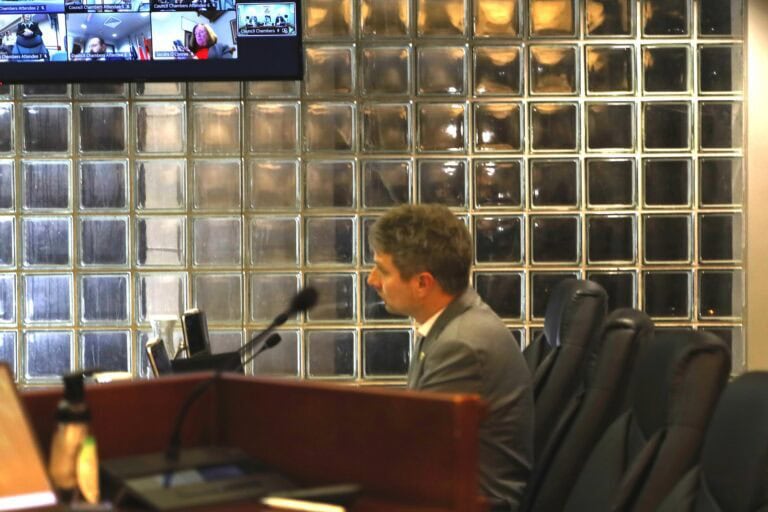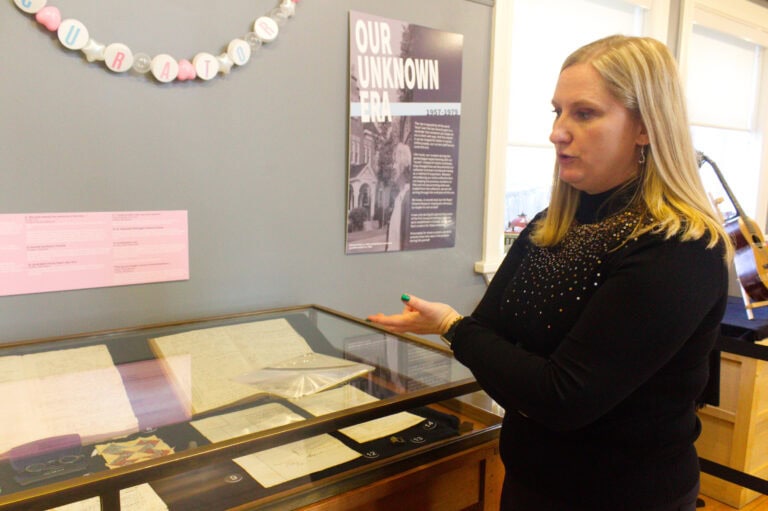Niagara-on-the-Lake council is shrinking its timeline for putting together the final municipal budget by three weeks, they decided last Tuesday.
Council set a new deadline of Dec. 3 for approving next year’s budget, 19 days earlier than the previously proposed Dec. 22.
The process will determine how much money the town will spend in the upcoming year.
While some municipal leaders say this doesn’t leave the town enough time to review spending plans in detail, others say it’ll keep the town ahead of the curve on future infrastructure projects.
Despite the deadline change, staff will still prepare the budget by Oct. 29, and the special council meeting to present it remains scheduled for Nov. 6. All other budget-related deadlines have been moved up.
The budget process was already compressed due to the province’s “strong mayor powers” legislation, which requires the lord mayor to present a budget by Feb. 1.
In previous years, council typically passed the budget in February or March. Even the Dec. 22 deadline marked a significant shift for council and staff — now shortened even further.
Chief administrative officer Nick Ruller told council the accelerated timeline will help the town get a head start on major capital projects.
“It’s less about having it approved just before the end of the year,” he said. “It’s about the public procurement process and what’s involved with us going out to get these major capital projects.”
“If there’s any issue (with the project), we lose the window we need to complete these projects. We want to be competitive with other municipalities who are also tendering,” he added.
Under the new “strong mayor” legislation, according to staff’s budget timeline recommendation, it’s Lord Mayor Gary Zalepa’s responsibility to present the budget and establish timelines for council to make changes.
The lord mayor veto can veto council’s changes to the budget and has a period of eight days to do so, shortened “on a one-time basis,” the recommendation report states, from 10 days.
Council, meanwhile, can override this veto with a two-thirds vote in favour of it. The period for this decision was also shortened “on a one-time basis” to eight days, down from 15 days.
The decision to speed up the timeline for work on the budget proved divisive among councillors during the Sept. 16 committee of the whole meeting.
Coun. Tim Balasiuk supported the move, emphasizing the importance of starting the bidding process for contractors early.
“One of the first things I learned when I got on to council was that timelines for capital projects … we need to make sure the budget is done in order to get out for tender,” he said.
“To get out ahead of everyone else saves the town quite a bit of money.”
Coun. Erwin Wiens also backed the change, citing financial benefits.
“I’m in favour of this because of what it allows our staff do,” he said. “It allows (capital budget projects) to happen at a more affordable rate.”
But others disagreed. Coun. Sandra O’Connor, who chaired the meeting, said the compressed schedule leaves council with too little time to review budget items.
“I’m going to be voting no,” she said.
Coun. Gary Burroughs also opposed the change.
“I do not support any of the changes in the timelines, especially as it’s our first time through,” he said.
“I’m totally in agreement of the new process. But I think it’s a mistake to suddenly change timelines that were suggested by the province.”
Burroughs proposed separating the capital and operating budgets to address staff concerns.
Capital budgets fund major, often one-time infrastructure projects, while operating budgets cover the town’s ongoing costs, such as payroll and waste collection.
Several key internal deadlines have now shifted:
-
Council budget submissions are due Nov. 11 (previously Nov. 20).
-
Council must submit budget amendments by Nov. 17 (moved up from Nov. 27).
-
The mayor’s veto deadline is now Nov. 25 (previously Dec. 7).
-
Council must override any vetoes by Dec. 3, rather than Dec. 22.










